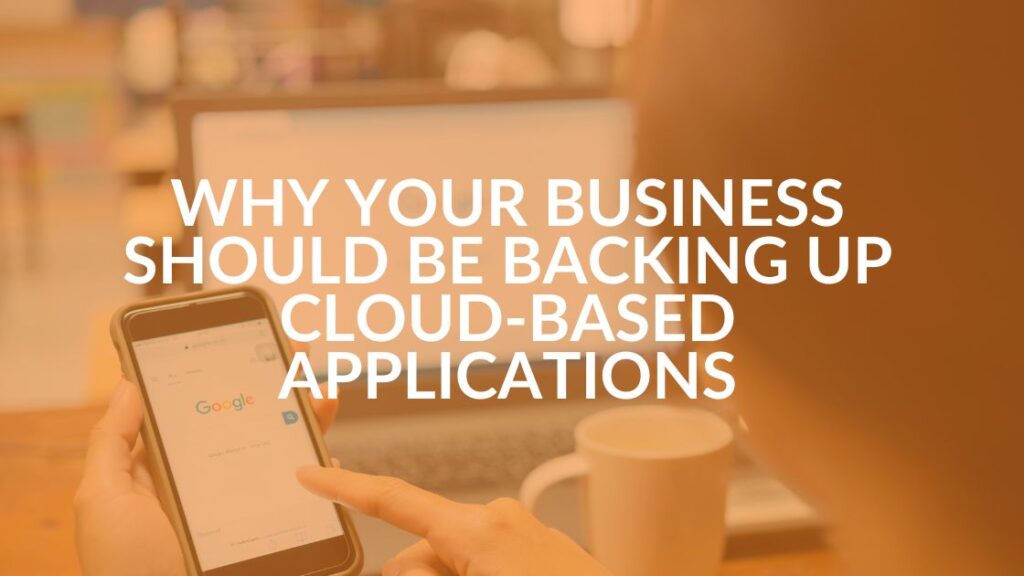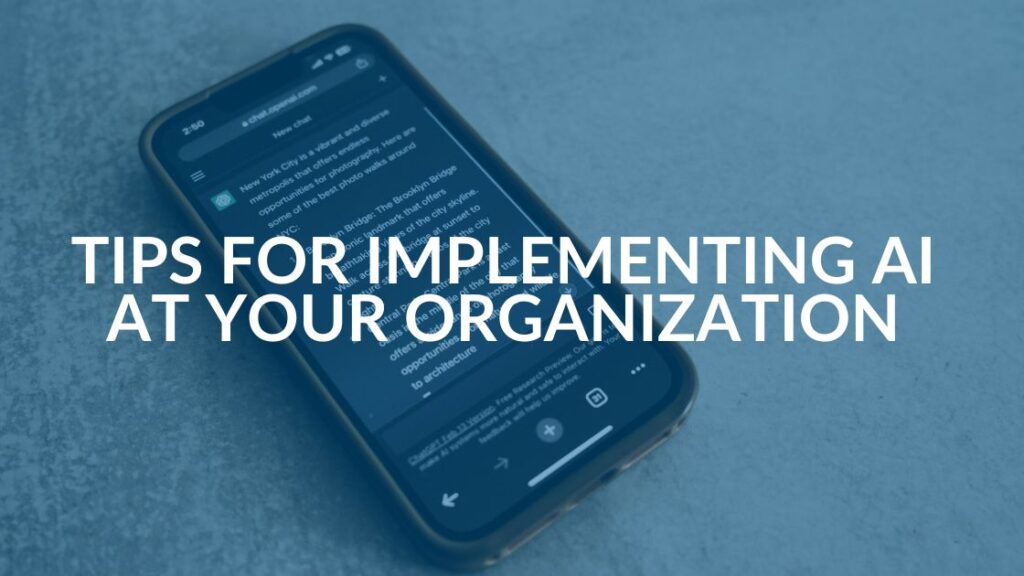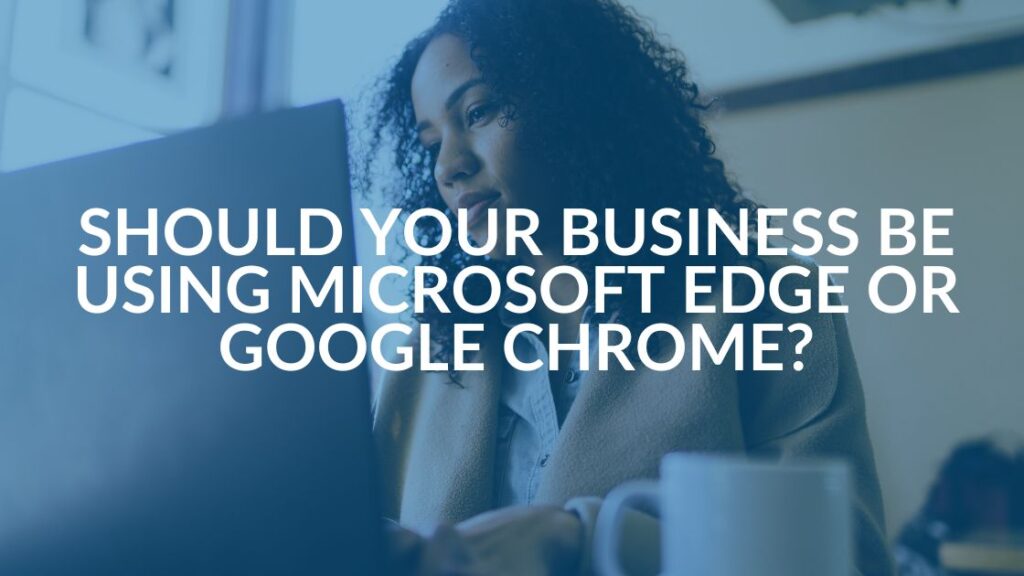Edge vs Chrome: What Is The Safest Browser?
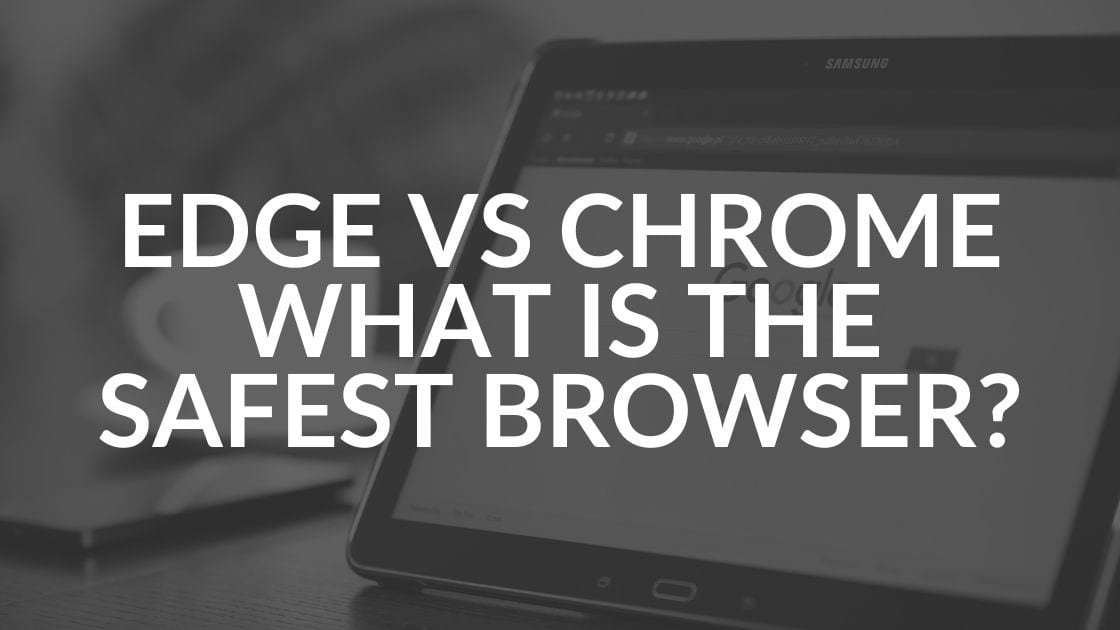
What is the safest browser? Is there even a difference?
When was the last time you thought about your browser?
Most people don’t.
They use whatever came with their computer (or smartphone or tablet). Or, maybe they tried a bunch of different ones years ago, picked one they liked and stuck with it.
But the world has changed, browsers have changed, and it’s time for another look — this time with your cyber security in mind.
Is There Really A Difference Between Browsers
YES! And No.
Let’s start with the “no.” In the early days, browsers were completely different, down to the code foundations they were built on and the kind of speed and functionality they had. Most of the popular modern browsers such as Google Chrome, Microsoft Edge, Mozilla Firefox, Apple Safari, and even Opera, Brave and other niche browsers are based on one of three browser engines (the core software that makes the browser work), Blink, Gecko or Webkit.
Chrome, Edge, Opera, and Brave are all based on the Chromium open source browser which relies on the Blink engine. Safari is built on the WebKit engine and Firefox is built on the Gecko engine.
Think of it like the Lotus Evora and the Toyota Camry, two very different cars with the same engine under the hood. The same is true for the browsers built on the Chromium engine and the differences impact your privacy and security.
Yes, browsers are different. But it’s not the color schemes, tools and extras that make the most impact. When it comes to your cyber security, the two most important differences are:
1–Default privacy and security settings
2–How they use the data they gather
Default Browser Privacy & Security Settings
Default settings are the settings in place if you were to download and run your browser and never touch a security setting. Chrome’s default security settings are the least security-friendly of all the major browsers. They allow for first-party cookies which store your preferences on sites you visit, and also for third-party cookies that follow your activity across websites. Google plans to phase out 3rd party cookies within a few years but are not there yet.
Other default settings that you should disable on Chrome include disabling pop-ups, enabling secure DNS lookups and turning off background refresh (Chrome keeps running after you’ve closed it). And those are just a few.
Mozilla Firefox is privacy-focused by default. Microsoft Edge is not as conservative as Firefox, but better than Google for its default security settings.
How Companies Use Your Data
Even if you take the time to scour Google Chrome settings to meet your exact privacy settings, there is still the issue of how that data is used to consider.
Google has the same “surveillance capitalism” model as Facebook. They offer free products/services because their business model is really not based on selling products, it’s based on monetizing data. Your data, if you are using their platforms. You are their product. They gather your data and sell it for profit. And they do not disclose to what entity your data has been sold.
Microsoft (which makes Edge), and Apple (which makes Safari) have a completely different model. They sell products and use your data to improve those products or decide what to build next. To date, there is no indication that either company sells the data they gather.
Mozilla (which makes Firefox) is a non-profit organization. They do also sell a few products, but they do not sell data.
Are There Any Browsers That Don’t Collect Any Data?
The most private and secure browser is Tor. It bounces your data through relays across the world so it’s impossible for trackers to know who and where you actually are. That process adds a lot of overhead making Tor slow. In fact, many websites simply don’t work correctly with Tor. For most people it can’t replace a general browser like Firefox, but it might be worth using if you are searching for something very sensitive or personal-like medical information.
Another thing you can do to help protect your privacy is to change your Search Engine from Google Search to DuckDuckGo. DuckDuckGo is a search engine that doesn’t track users-ever. So, using DuckDuckGo with a Chrome browser, Chrome would still track what it can, but it wouldn’t have access to your entire search history like it would if you use their search engine.
The Safest Browser For Your Privacy & Security
No one wants to return to the days of slow clunky browsers that don’t work on your favorite sites. But privacy is important.
The best middle ground for most people is to use Mozilla Firefox as your browser and DuckDuckGo as your search engine for additional privacy and security. And Firefox makes it easy to import your bookmarks and other data from browsers such as Chrome and Edge to make the switch simple and quick for most users. While Edge is another option, be sure to double check those default settings to make sure it’s as private as possible.
How To Implement At Your Business
The personal implication of data security often hits closest to home, but it’s even more important for businesses. Here’s a checklist to help you make changes in your organization:
- Decide to make the switch. It seems simple enough, but it’s this necessary first step that holds most companies back from better data security.
- Communication with your team WHY the change is necessary and when/how it will happen. Reassure them you’ll have support in place if they stumble learning the new browser and/or search engine.
- Implement a password manager like 1Password. One of the reasons people get very attached to their browser is the ability browsers now have to store login information. Using a 3rd party tool like 1Password to manage passwords can help as people can save those passwords and access them no matter what browser they are using. Have your team load all their current passwords into 1Password before the changeover.
- Work with your IT team to install the new browser across all devices under company control as well as remove the old browser and its stored data.
- Support your team as they acclimate to the change. Reinforce why it is needed.
Need help? Reach out to Intrust-IT for more guidance on rolling out cybersecurity changes in your organization.
The Bottom Line
As of this writing, Firefox is the best browser for privacy and security of all the major browsers. Edge is better than Chrome, but not as privacy-friendly as Firefox. Switching browsers is an easy and impactful step you can take to protect your personal and business data. Watch each video and make simple, everyday changes that will help reduce your risks of hacks, breaches and cyber attacks.
Share this Blog
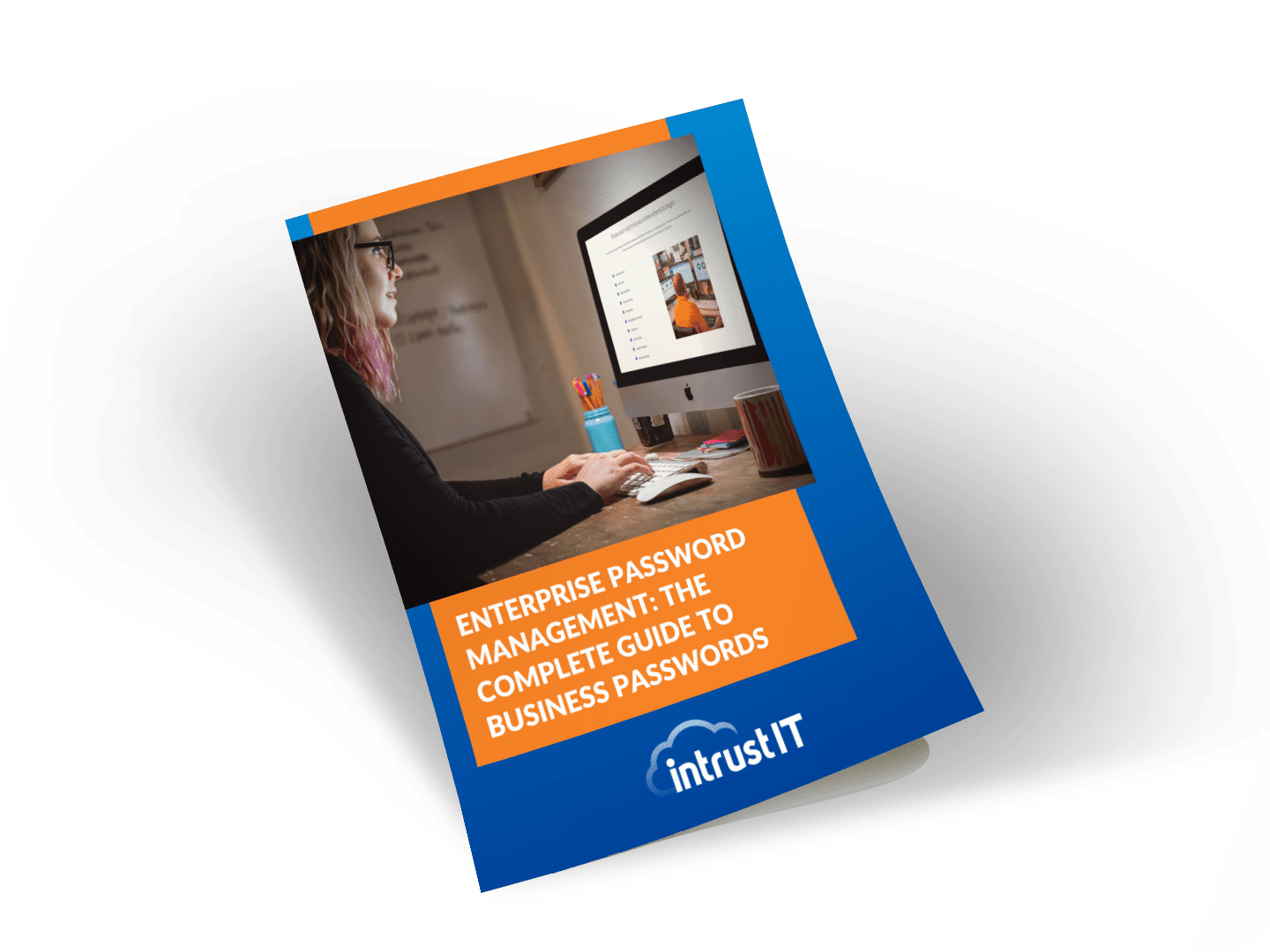
Is Your Name or Birthday a Part of Your Password?
If so, you’re a part of the 59 percent of people who don’t follow proper password hygiene. More than 70 percent of passwords are used for more than one system, meaning if cybercriminals crack one, they can access a lot more accounts.
Our free Enterprise Password Management Guide will give you the best password hygiene practices to help you secure your computer and your business.
Download the Guide
Explore the Latest Trends in IT
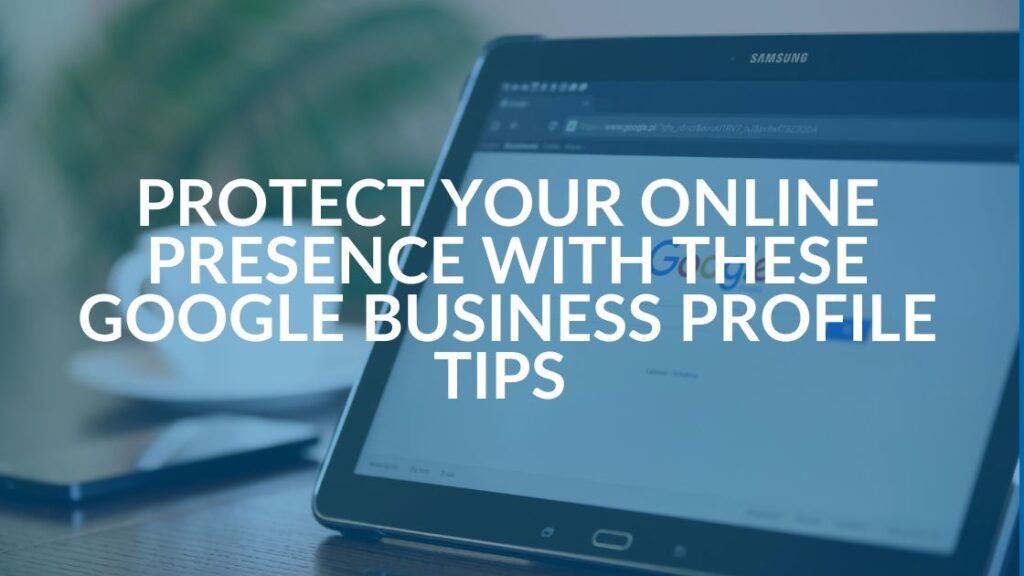
Google Business Profile Security: Protecting Your Online Presence

Remote Work Security Risks Every Business Should Know
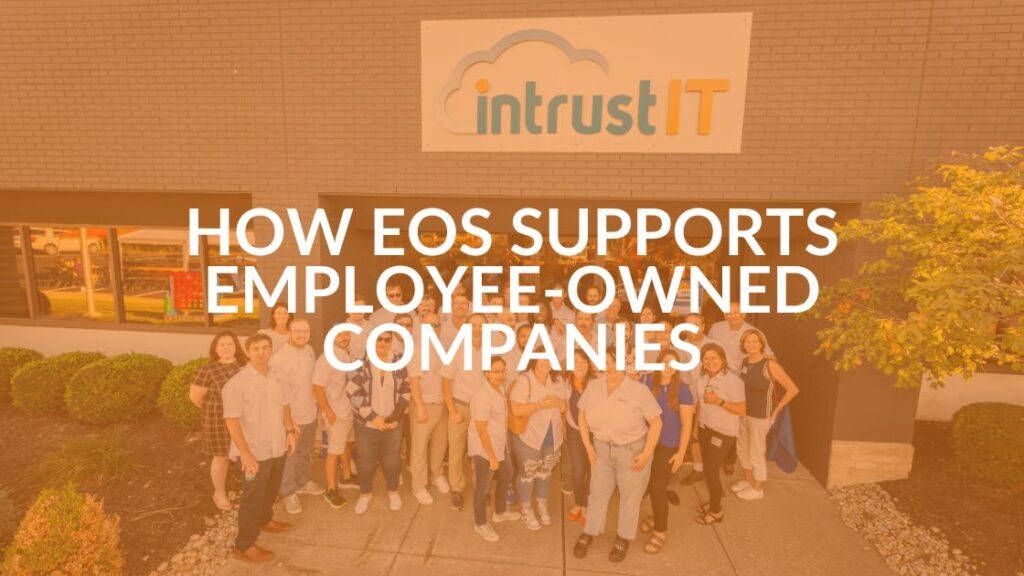
Unlocking Employee Engagement at Intrust IT: The Power of EOS in Employee-Owned Companies
